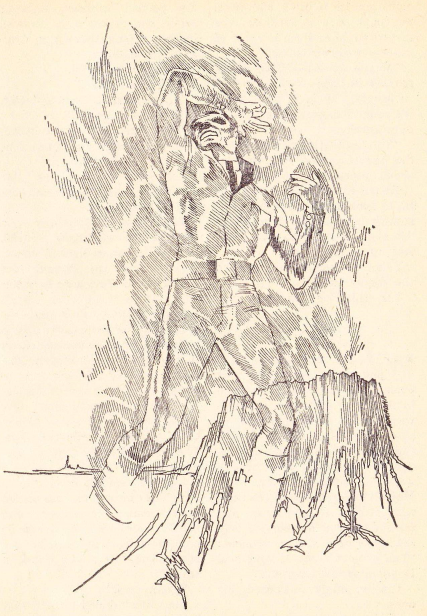
by Gideon Marcus
Decoration Day
First the war, then the licking of wounds. Not all wounds are physical. After the Civil War rent this nation in two, spring became a time for remembering the dead, their blood shed in almost incomprehensible numbers. In 1868, the ritual honoring of fallen veterans became an official holiday known as Decoration Day (for the decoration of graves). Over time, the name changed to Memorial Day, and last month, President Johnson proclaimed the custom's birthplace to be Waterloo, New York, the event first occurring a century ago.
The last Civil War veteran passed away in 1956, but this year's Memorial Day still found us licking our wounds. Indeed, last week marked the bloodiest seven days for American soldiers since Korea: 966 casualties in Vietnam alone, 146 of them fatal. Will next year's day of remembrance be worse?

The Issue at Hand
A cute segue would be in poor taste at this juncture, so I'll simply proceed to the review. The latest issue of Analog drew my attention with its striking astronomical cover. Let's turn the page and see what delights and disappointments Herr Campbell has for us this month.
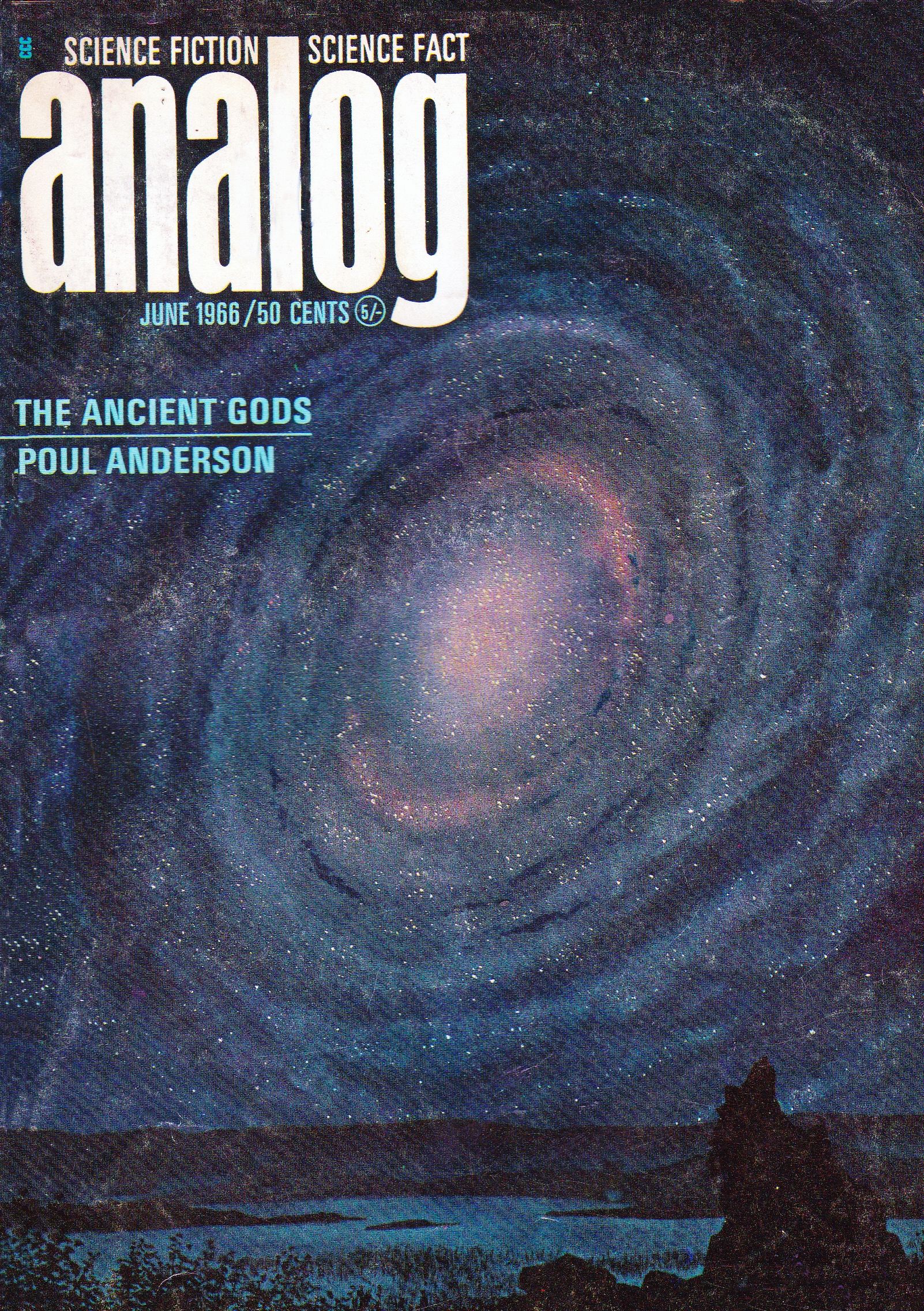
by Chesley Bonestell
The Ancient Gods (Part 1 of 2), by Poul Anderson
In the letter column, Poul Anderson talks about discovering a beautiful painting by Chesley Bonestell. It depicts a the night sky as seen from a planet perhaps 200,000 light years north of the Milky Way. I would guess that this painting, as well as perhaps a viewing of last year's film, Flight of the Phoenix, provided the inspiration for the author's latest tale.
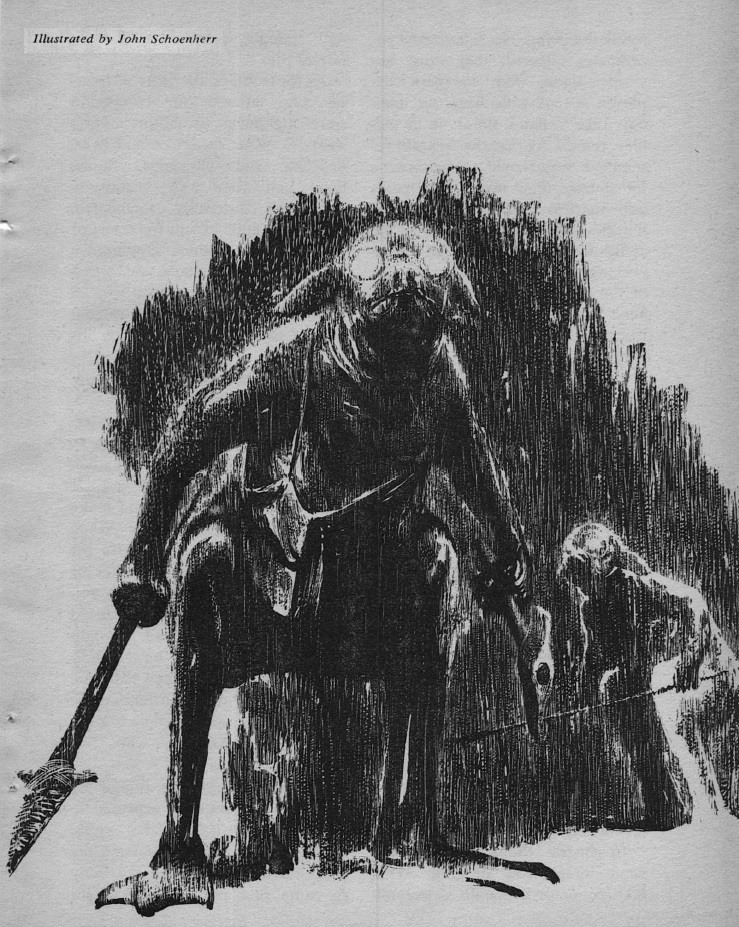
by John Schoenherr
I shall give nothing else away save that those who know me know I'm a sucker for astronomically correct tales of exploration, and that Flight of the Phoenix got my nomination for the Best Dramatic Hugo.
Four stars so far.
Early Warning, by Robin S. Scott
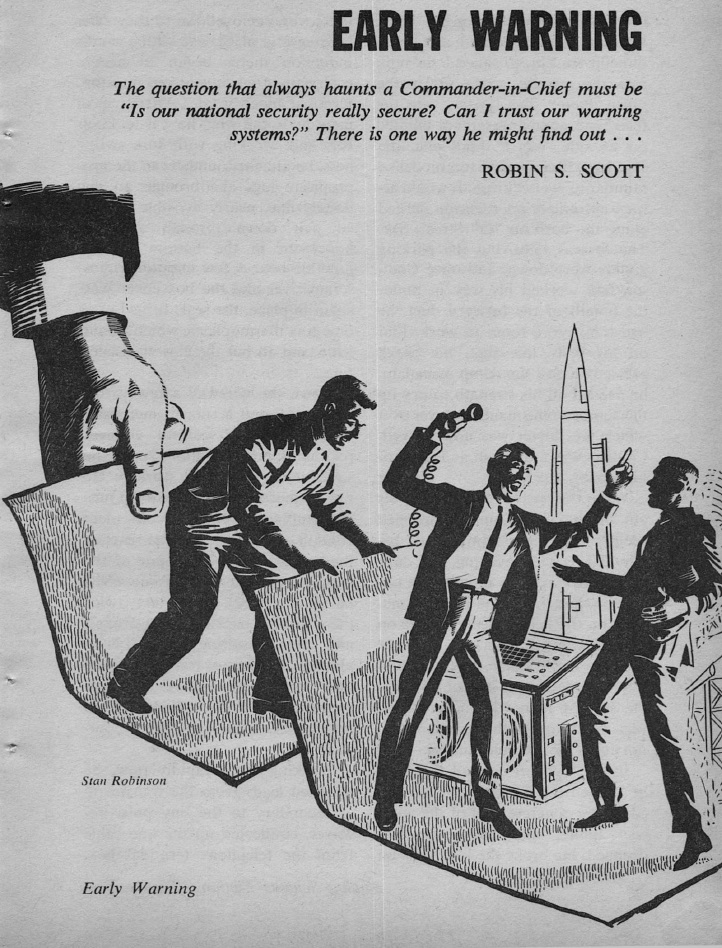
by Stan Robinson
Lee is a big man, a skilled man, a man whose job is to throw monkey wrenches into supposedly foolproof systems like the D.C./Kremlin Hotline and Pentagon intelligence computers. Is he a double-agent? A mole? Or something more?
There's really not enough to this story to engage; it feels more like a fragment of a Joe Poyer thriller than a complete piece. Just some workmanlike action writing and a smug, Campbell-pleasing sting.
Two stars.
CWACC Strikes Again, by Hank Dempsey
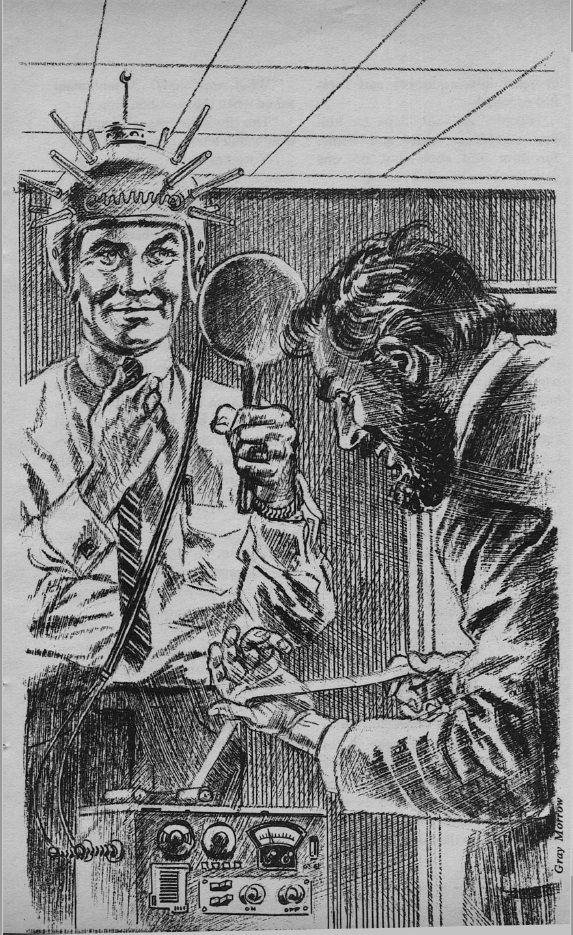
by Gray Morrow
"Hank Dempsey" (I have it on reliable information that this is a pseudonym for Harry Harrison, apparently trying to make the big lucre by pushing all of Campbell's buttons) is back with CWACC: the Committee for Welfare, Administration, and Consumer Control, last seen last year. Pronounced "Quack," the goal of this two-person operation is the support and representation of eccentric inventors. You see, to the scientific community, they're just kooks, but we all know that those industrious garage inventors produce way more of the world's innovation than the anonymous folks in white coats. Right?
Anyway, in this episode, CWACC's administrator teams up with an enemy, the local kook-catching flatfoot, to rescue a CWACCer, whose invention is being used by con artists to sucker in, of all people, the police commissioner. Along the way, "Dempsey" gets some pseudo-scientific shots in, like the assertion that the common cold can be defeated by sufficient vitamins in one's diet.
Vaguely readable garbage. One star. I hope it was worth selling your soul for four cents a word, Harry!
Live Sensors, by Carl A. Larson
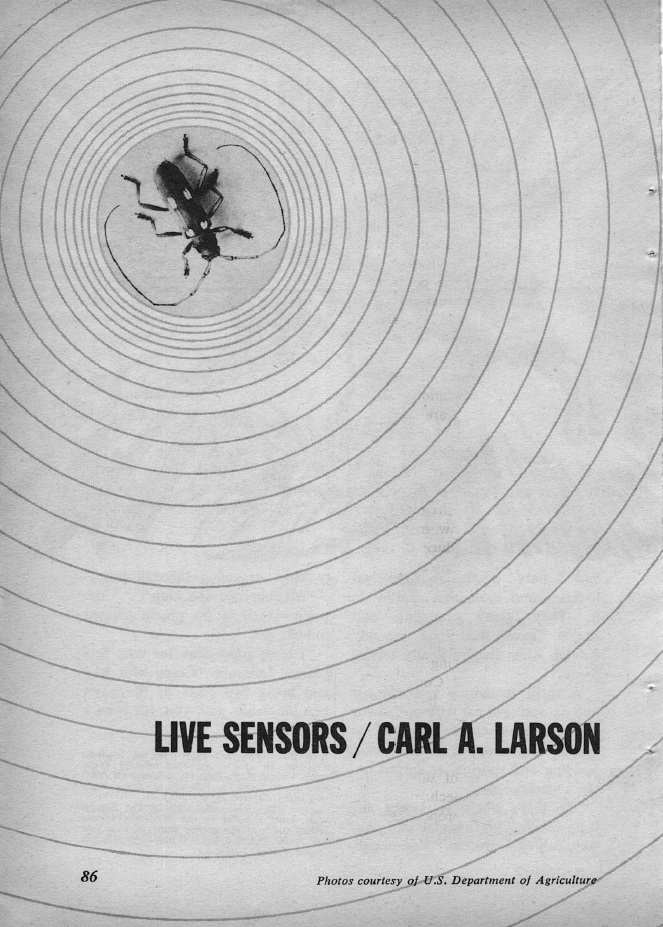
This nonfiction article started auspiciously, promising to compare the biological sensors with which animals are naturally equipped to the most refined artificial detectors. The overall package is lacking, however. There are lots of interesting tidbits on the capabilities of creatures, but they are interspersed with larder passages that don't do too much. Never do we find out how we might utilize or at least learn from natural sensing devices.
It would also help if Analog employed subheadings. Three stars.
Stranglehold, by Christopher Anvil

by Kelly Freas
My nephew David rang me the other day (on Sunday, when the rates are lowest) to tell me how much he enjoyed the new Chris Anvil story. This may be a ringing endorsement (ha ha!) but I always take David's recommendations with a grain of salt, especially where Anvil is concerned.
A scout team following up on a lost comrade lands on a planet despite receiving a warning that such would be dangerous. Once planetside, they find themselves subjected to illusion after terrifying illusion, only their unshakeable monitors telling the truth about reality (why wouldn't their perception of the monitors also be changed?)
Turns out the inhabitants have some kind of telepathy and can change their perception of reality and those of others. After the team escapes with their rescued friend, they determine that a race with psychic phenomena cannot develop science since they fudge the results to their liking. Contrarily, a race that chooses a scientific path atrophies psychic phenomena because…well, just because.
Therefore, all races, including humanity, have psychic potential, and it's only because we chose the path of science that spoonbending isn't more prevalent. Q.E.D.
Gee, I wonder how this story got published.
What I really don't understand is what possible advantage the alien trait of mass hallucination affords. If it were real transmutation being employed in this story, there might be something to it, but there isn't. A being that thinks it is having its physical needs met when it is not quickly becomes a sick and/or dead being. Maybe it's more of a reality enhancer, as in the first Cugel the Clever story, which I guess would make more sense.
Anyway, Stranglehold feels like what would happen if Bob Sheckley ever wrote for Campbell.
Two stars.
Escape Felicity, by Frank Herbert

by Kelly Freas
In Frank Herbert's latest, a lone interstellar scout plunges his ship deep into a nebulous cloud. He is determined to fight off the "push" that causes all of his corps to return to Earth after a certain point. But is the compulsion programmed in by BuPurs to keep scouts from going native? Or is there an external agency involved?
I found this one of Herbert's more compelling pieces, though it falls apart a bit at the end. And it feels like the title is a pun in search of a story; I can't figure out its applicability to this one.
Three stars.
Doing the Math

Thus, Analog ends up near the bottom of the pack with a 2.6 star rating, only beating out the mostly-reprint (and consistently lackluster) Amazing 2.5. Ahead of Campbell's mag are New Worlds (3.1), Galaxy (3.1), Impulse (3.0), IF (3.0), and Fantasy and Science Fiction (2.8).
Worthy material comprised about an issue-and-a-half out of six this month. Women produced 11.25% of the new fiction, at the high end of the usual range.
All told, June 1966 may not be remembered in times to come, particularly as impressive as last month was. But, as noted at the beginning of the article, sometimes having to remember is painful.
Until next month…
If you need a mood-lifter now, tune in to KGJ, our radio station! Nothing but the newest and best hits!

![[May 31, 1966] Worth Remembering (June 1966 <i>Analog</i>)](https://galacticjourney.org/wp-content/uploads/2021/05/660531cover-672x372.jpg)


![[May 10, 1966] Rocky Jaunts (June 1966 <i>Galaxy</i>)](https://galacticjourney.org/wp-content/uploads/2021/05/660510cover-672x372.jpg)












![[March 10, 1966] Top Heavy (April 1966 <i>Galaxy</i>)](https://galacticjourney.org/wp-content/uploads/2021/03/660310cover-388x372.jpg)
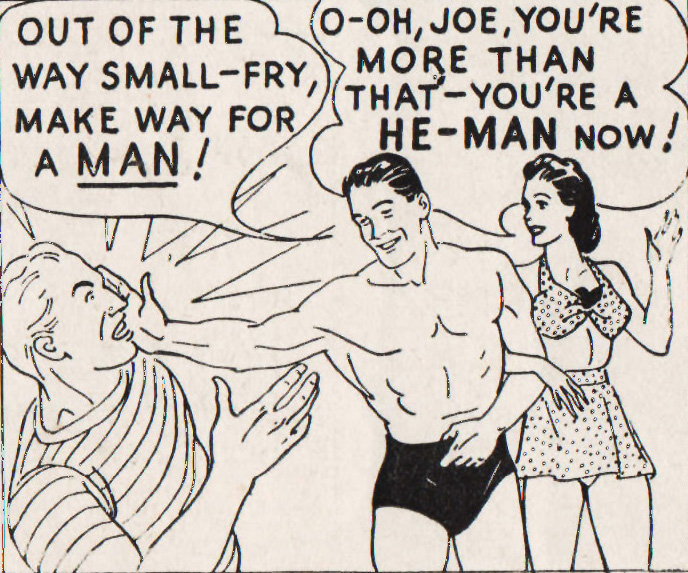
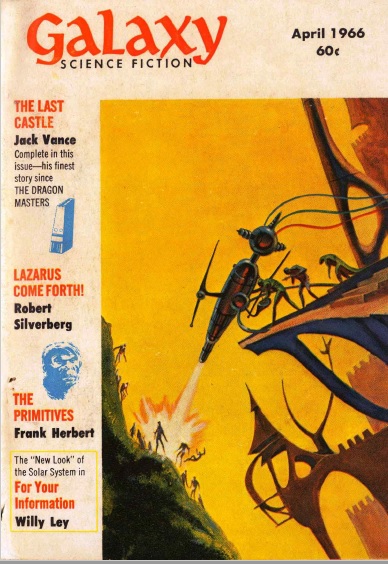
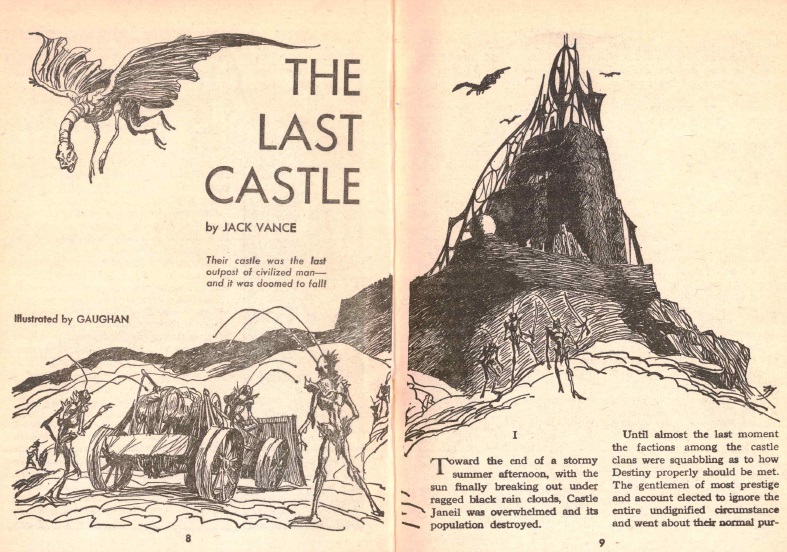



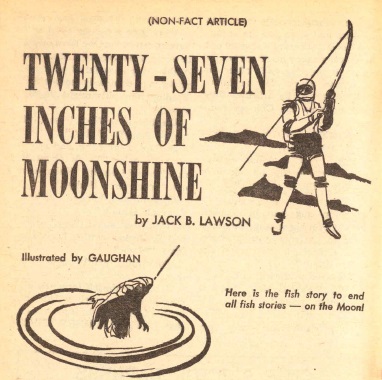

![[July 8, 1965] Saving the worst for first (August 1965 <i>Galaxy</i>)](https://galacticjourney.org/wp-content/uploads/2020/07/650708cover-521x372.jpg)



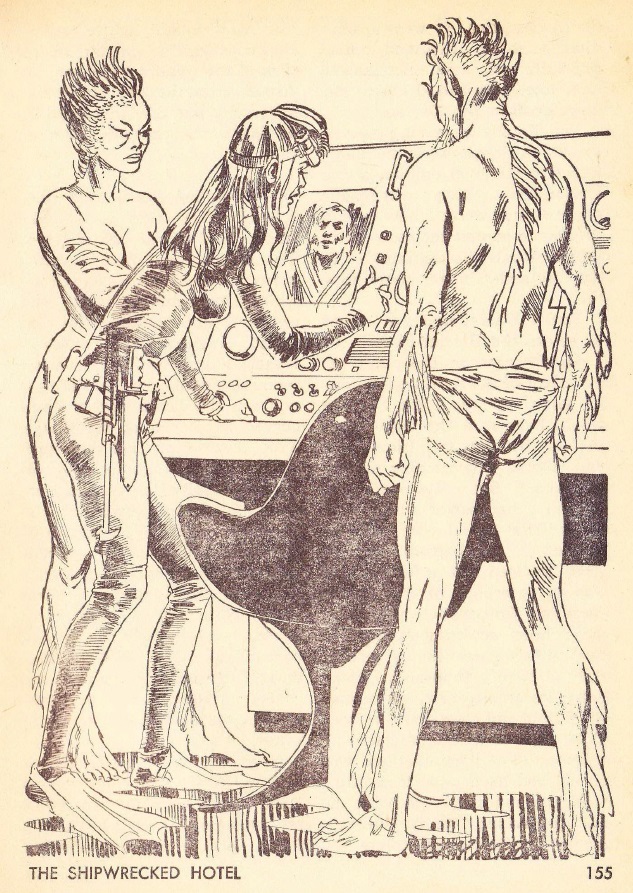

![[May 28, 1965] Heavyweight's Burden (June 1965 <i>Analog</i>)](https://galacticjourney.org/wp-content/uploads/2020/05/650528cover-663x372.jpg)


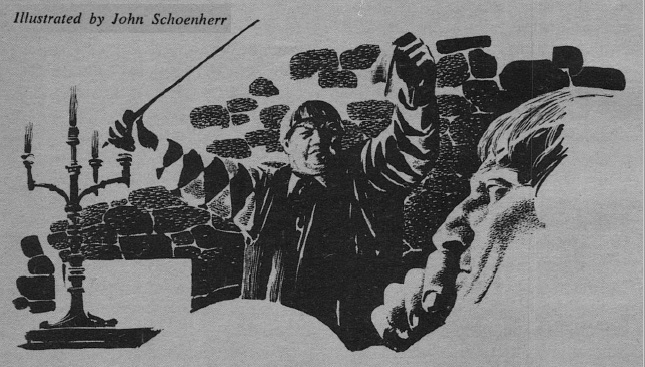
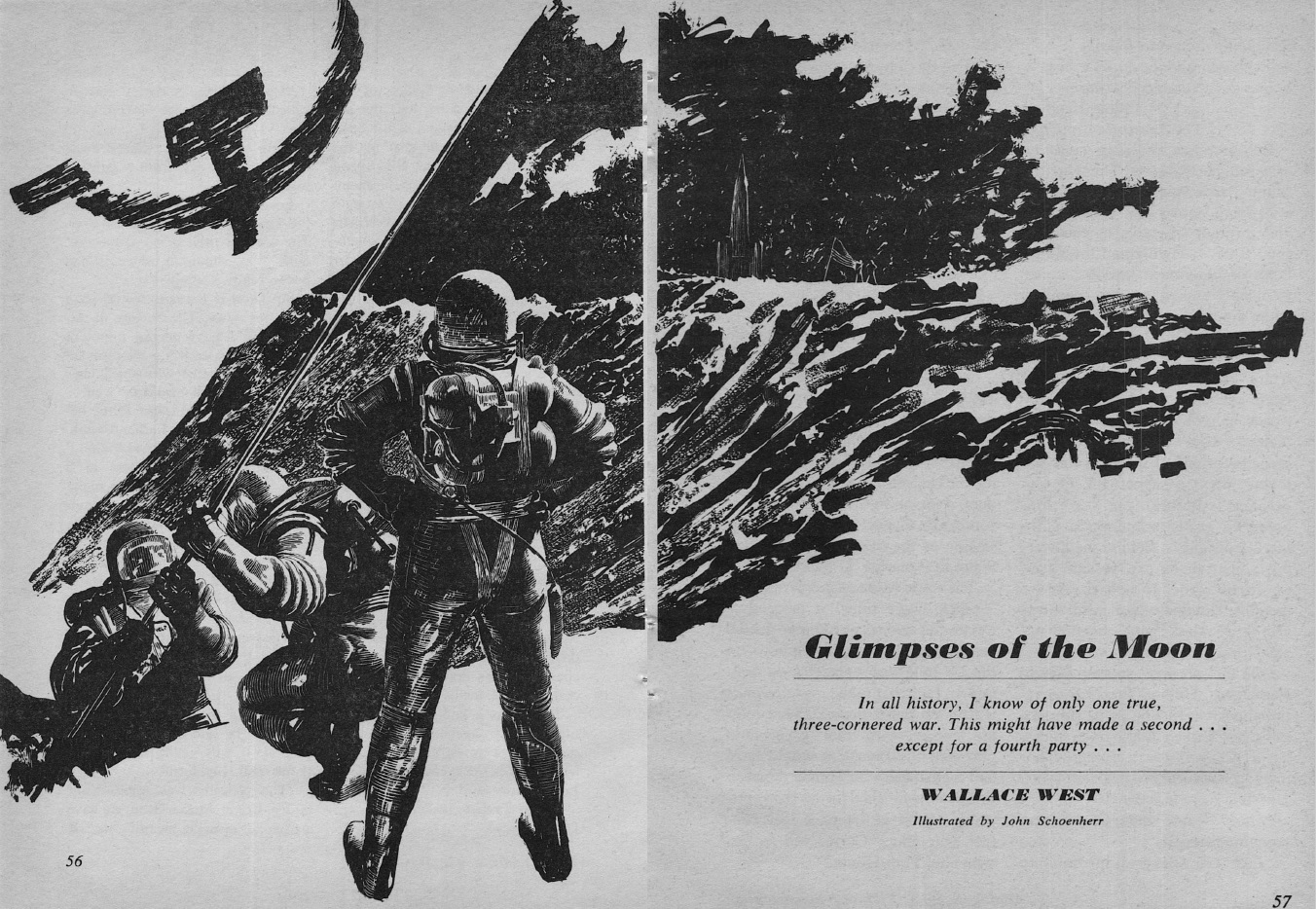

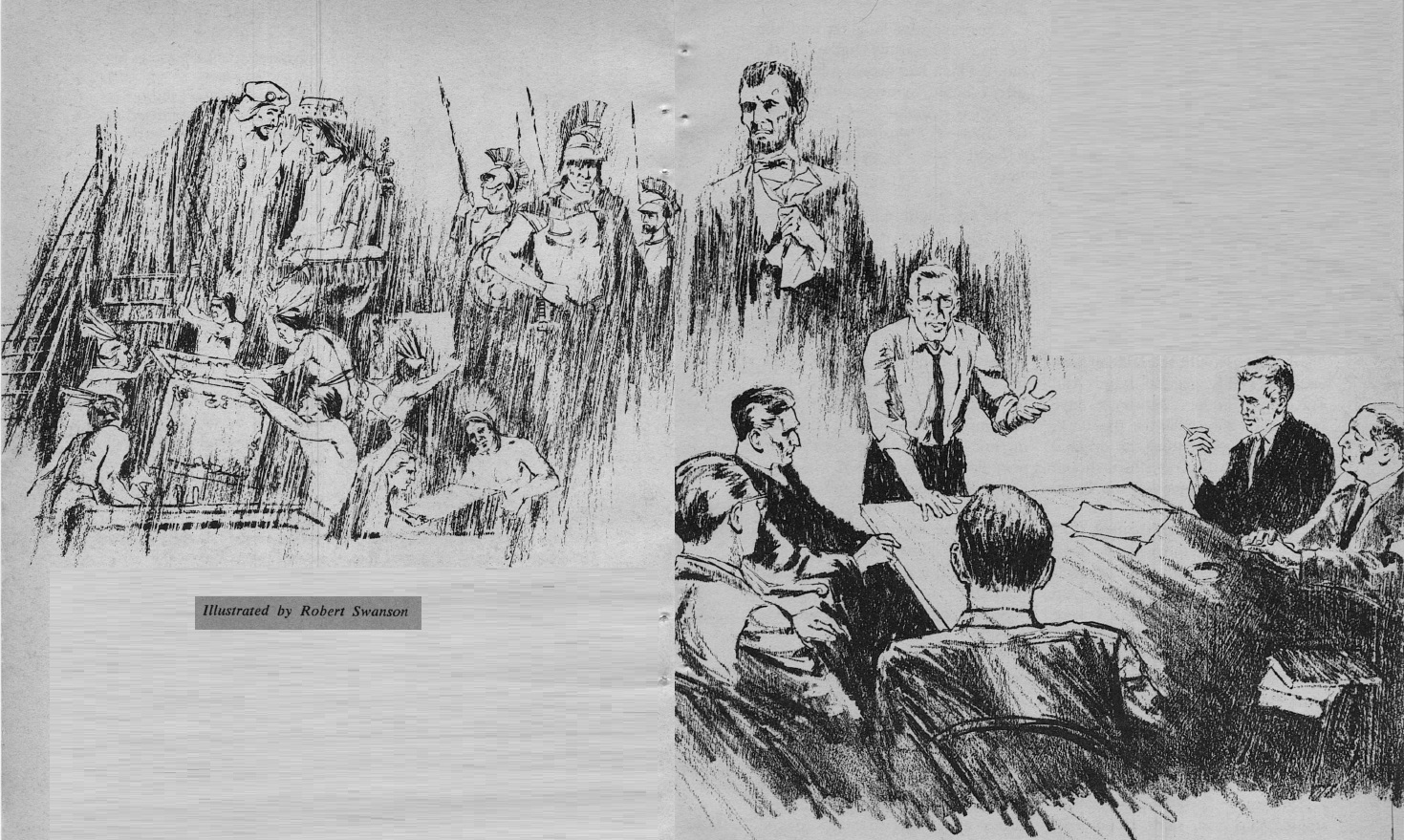


![[April 30, 1965] Back-door uprising(May 1965 <i>Analog</i>)](https://galacticjourney.org/wp-content/uploads/2020/04/650430cover-663x372.jpg)










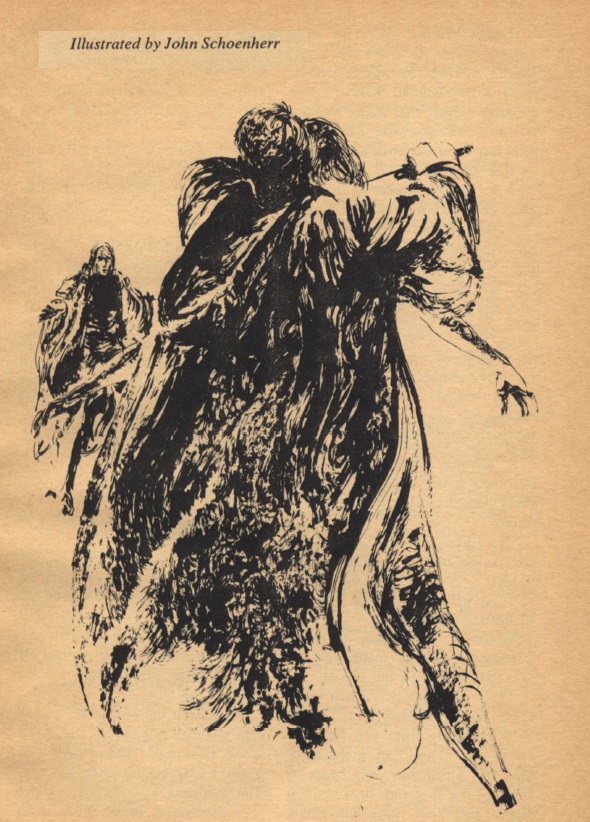


![[March 30, 1965] Suborbital Shots (April 1965 <i>Analog</i>)](https://galacticjourney.org/wp-content/uploads/2020/03/650330cover-598x372.jpg)
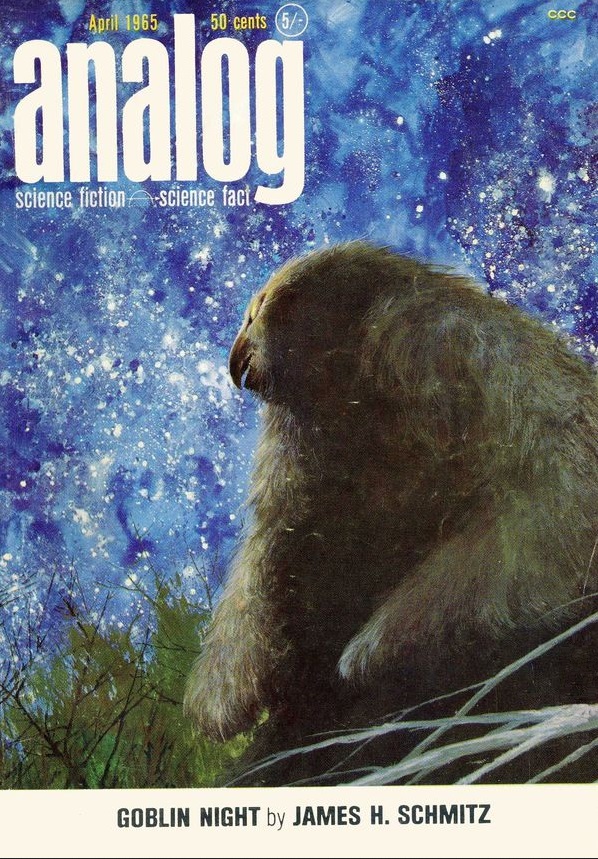


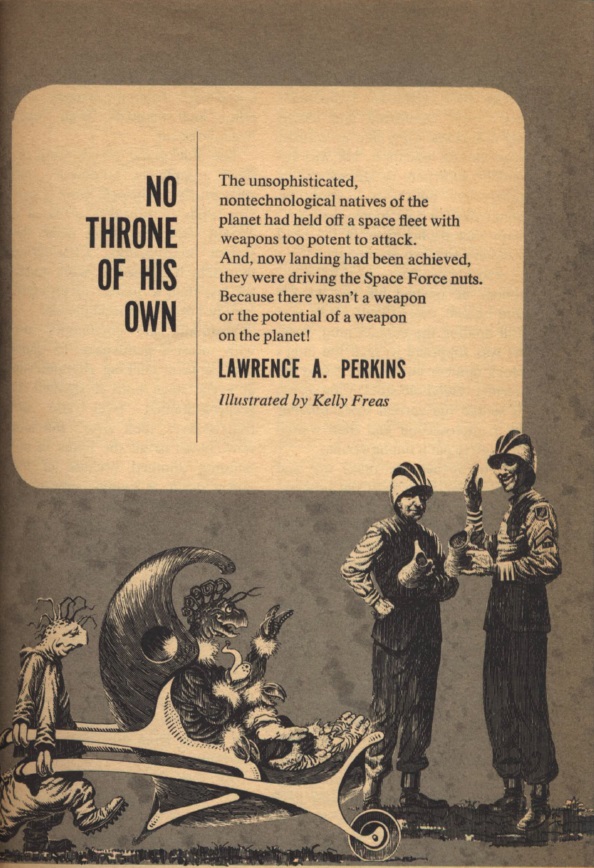
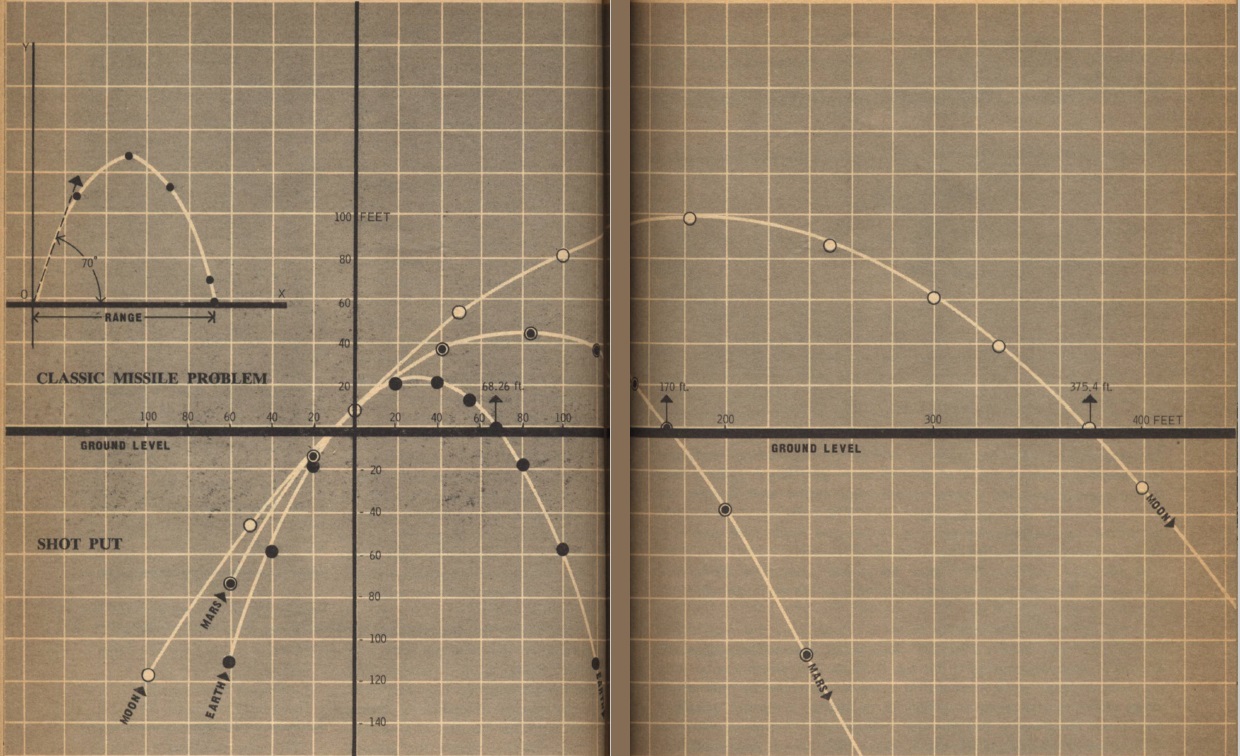



![[March 8, 1965] An Alien Perspective (April 1965 <i>Galaxy</i>)](https://galacticjourney.org/wp-content/uploads/2020/03/650308cover-435x372.jpg)








![[February 28, 1965] Tragedy and Triumph (March 1965 <i>Analog</i>)](https://galacticjourney.org/wp-content/uploads/2020/02/650228cover-672x372.jpg)



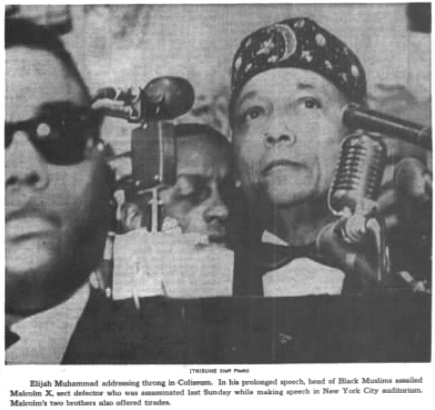


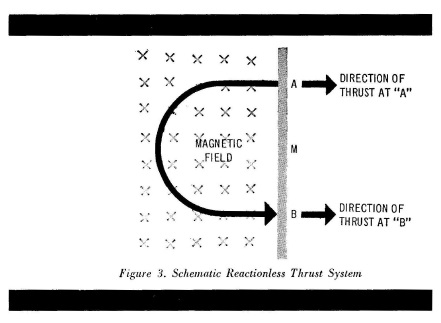
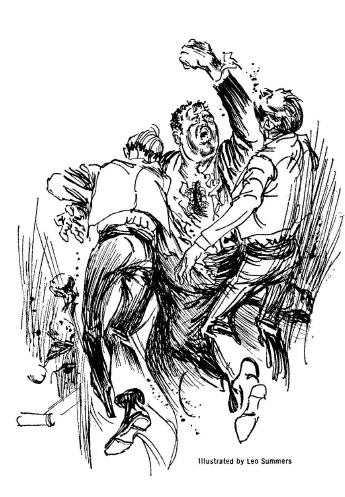
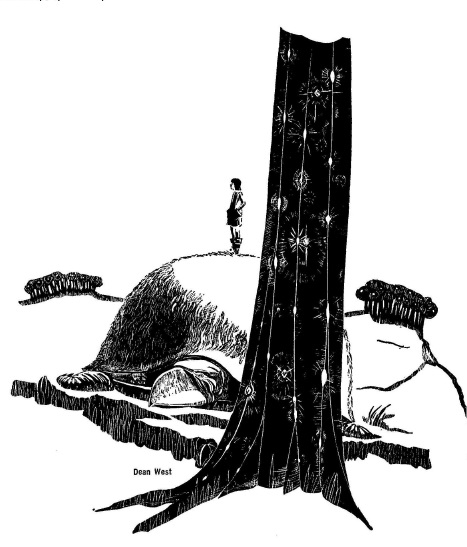

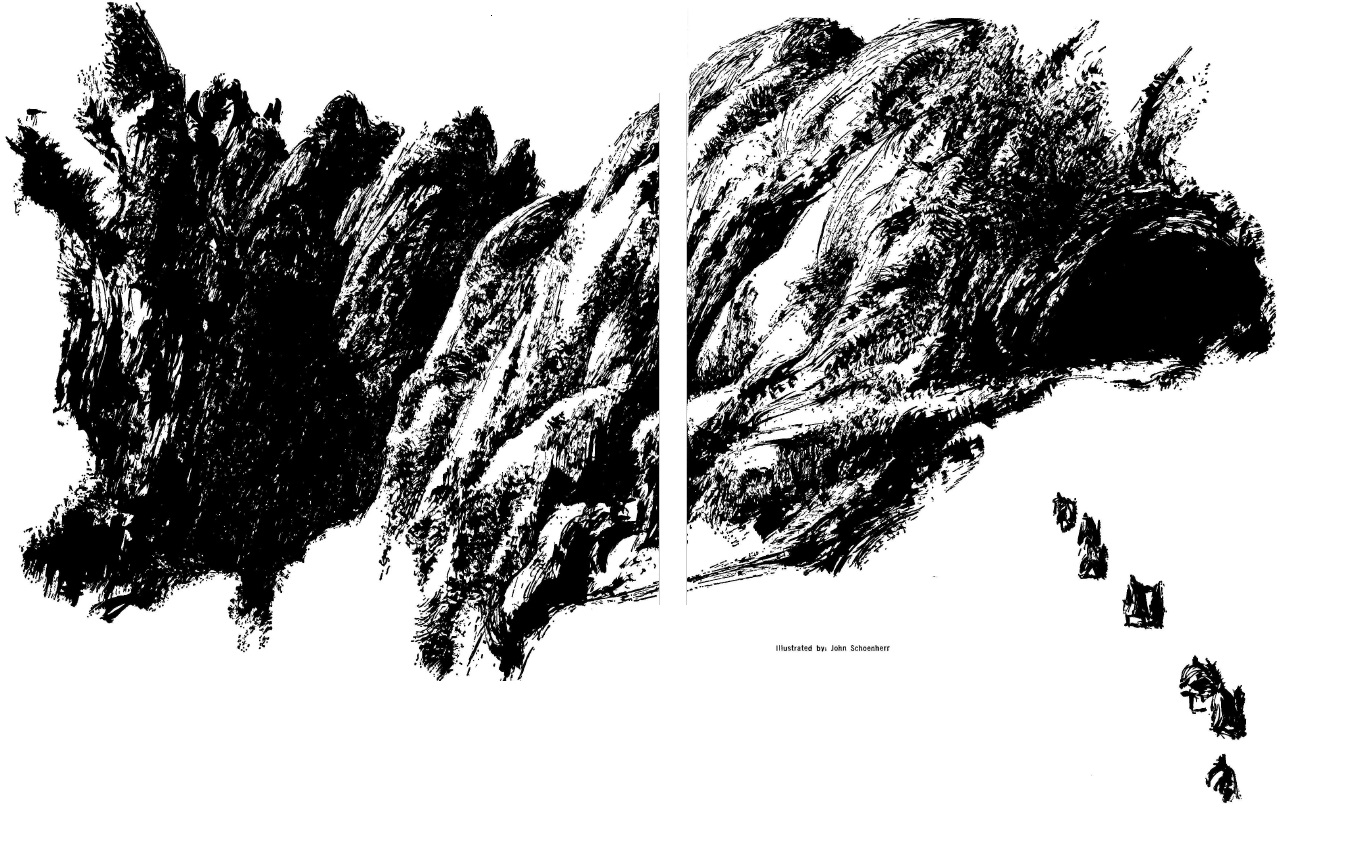
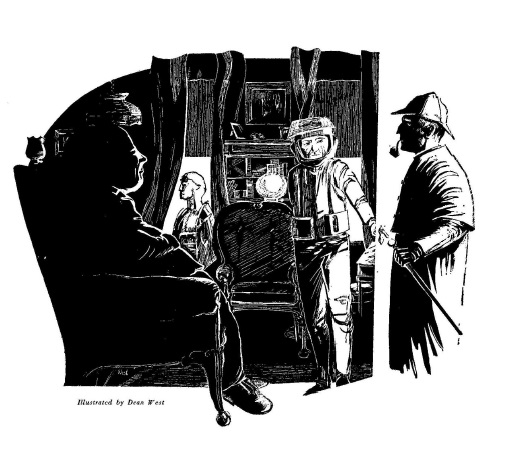

![[February 12, 1965] Mirabile Dictu, Sotto Voce (March 1965 <i>Amazing</i>)](https://galacticjourney.org/wp-content/uploads/2020/02/amz-0365-cover-524x372.png)



